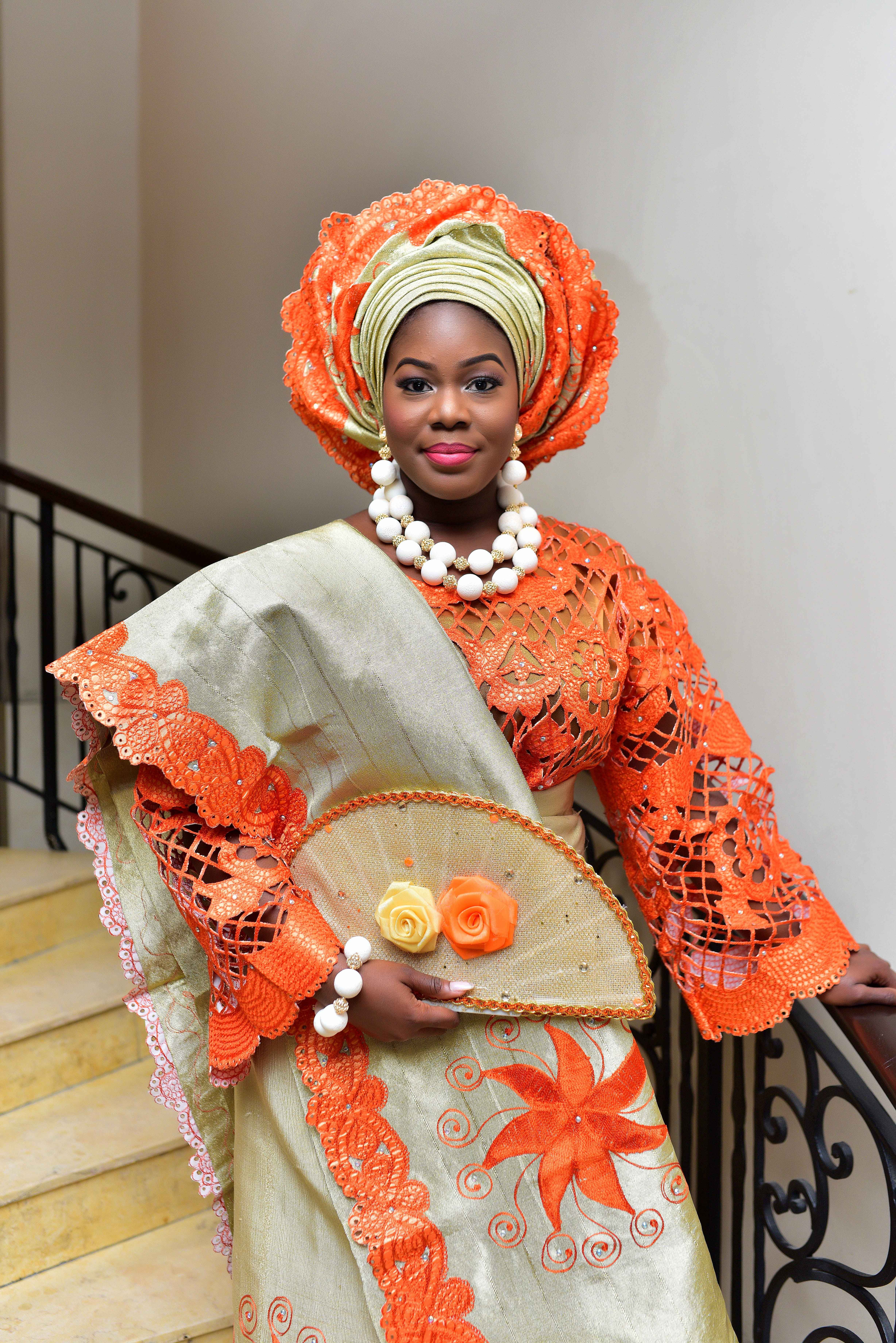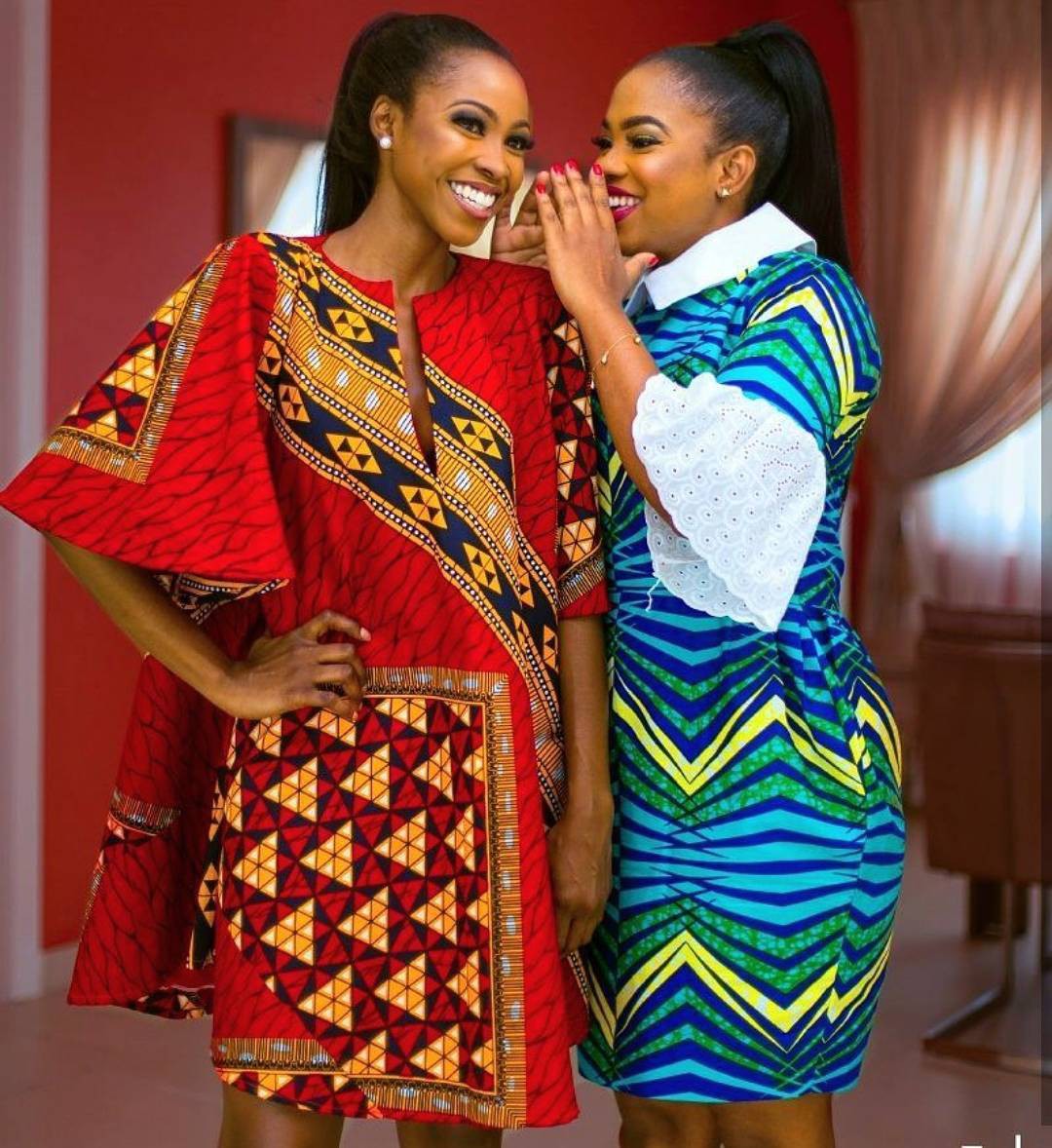Nigerian Female Clothing: A Diverse And Vibrant Fashion Landscape
Nigerian female clothing represents a rich tapestry of culture, tradition, and contemporary fashion trends. With Nigeria being one of the most populous countries in Africa, its clothing styles are a reflection of its diverse ethnic groups, each contributing unique patterns, fabrics, and styles that resonate with both local and global audiences. In this article, we will explore the various aspects of Nigerian female clothing, including its historical significance, current trends, and how it is shaping the fashion industry.
The evolution of Nigerian female clothing is as dynamic as the country itself. From traditional attire like the buba and iro to modern interpretations of African prints, the landscape is ever-changing. This article aims to delve into the essence of these styles, their cultural relevance, and how they empower women in Nigeria and beyond.
As we navigate through this vibrant world of fashion, we will highlight the importance of sustainability, the role of Nigerian designers, and the influence of social media in promoting these styles. Join us on this journey to understand the beauty and complexity of Nigerian female clothing.
Table of Contents
- The Historical Background of Nigerian Female Clothing
- Traditional Attire and Its Significance
- Modern Trends in Nigerian Female Fashion
- Prominent Nigerian Fashion Designers
- Sustainability in Nigerian Fashion
- Global Influence of Nigerian Female Clothing
- Celebrities and Nigerian Fashion
- Conclusion
The Historical Background of Nigerian Female Clothing
Nigerian female clothing has a rich history that dates back centuries. It is deeply intertwined with the customs, traditions, and beliefs of the various ethnic groups across the country. For instance, the Yoruba, Hausa, and Igbo tribes each have distinct clothing styles that reflect their cultural heritage.
Historically, clothing was not just a means of covering the body; it was a representation of social status, marital status, and even religion. Fabrics like adire (indigo-dyed cloth) and aso-oke (woven cloth) have been used for generations, often passed down through families.
The introduction of Western fashion in the 20th century brought about significant changes in clothing preferences, leading to a fusion of traditional and modern styles. This blend has created a unique fashion identity that is celebrated worldwide.
Traditional Attire and Its Significance
Traditional Nigerian attire for women is characterized by vibrant colors, intricate patterns, and elaborate designs. Here are some of the most popular traditional clothing items:
- Buba and Iro: A two-piece outfit consisting of a blouse (buba) and a wrapper (iro) that is tied around the waist.
- Gele: A headwrap that adds elegance and sophistication to traditional outfits.
- wrapper: A long piece of fabric wrapped around the waist, often paired with a blouse.
- Kaftan: A loose-fitting garment that is comfortable and versatile for various occasions.
Each piece of traditional attire holds significance during cultural ceremonies, weddings, and festivals. Wearing these garments is a way for women to express their cultural identity and pride.
Modern Trends in Nigerian Female Fashion
In recent years, Nigerian female fashion has embraced modern trends while still honoring traditional roots. Designers are increasingly incorporating contemporary styles into their collections, resulting in a fashion scene that is both innovative and culturally rich.
Contemporary Styles
Modern Nigerian clothing often features:
- Bold prints and patterns that celebrate African heritage.
- Tailored silhouettes that enhance body shape.
- Mixing traditional fabrics with modern cuts.
Influence of Social Media
Social media platforms, especially Instagram and Pinterest, have played a crucial role in promoting Nigerian female clothing. Fashion influencers and bloggers showcase their unique styles, inspiring women to experiment with different looks and embrace their cultural heritage.
Prominent Nigerian Fashion Designers
Nigeria is home to several talented fashion designers who have gained international recognition. Here are a few noteworthy names:
- Deola Sagoe: Known for her intricate designs and use of traditional fabrics.
- Lisa Folawiyo: Famous for her modern take on traditional Nigerian textiles.
- Oladapo Odukoya: A designer committed to sustainable fashion practices.
These designers are not only shaping the Nigerian fashion landscape but are also making waves on global platforms, showcasing the richness of African fashion.
Sustainability in Nigerian Fashion
As the fashion industry faces increasing scrutiny regarding sustainability, Nigerian designers are leading the charge towards eco-friendly practices. Many are adopting sustainable methods in their production processes, using locally sourced materials, and promoting ethical labor practices.
Additionally, initiatives such as upcycling and recycling materials are becoming more common, allowing for creativity while minimizing waste. This focus on sustainability resonates with conscious consumers who prioritize ethical fashion choices.
Global Influence of Nigerian Female Clothing
Nigerian female clothing has transcended borders, influencing global fashion trends. Major fashion weeks around the world now feature collections inspired by African designs, showcasing the creativity and vibrancy of Nigerian styles.
The fusion of Nigerian fashion with global trends has created a unique niche that appeals to a diverse audience, allowing women everywhere to embrace elements of Nigerian culture in their wardrobes.
Celebrities and Nigerian Fashion
Nigerian celebrities play a vital role in promoting local fashion. Stars like Tiwa Savage, Genevieve Nnaji, and Omotola Jalade Ekeinde often don traditional and contemporary Nigerian outfits at events, inspiring fans to embrace their cultural heritage.
Fashion shows and red carpet events featuring Nigerian attire have garnered significant media attention, further solidifying the global appeal of Nigerian female clothing.
Conclusion
Nigerian female clothing is a dynamic and evolving representation of culture, creativity, and empowerment. By blending traditional styles with modern trends, Nigerian women continue to make a significant impact on the fashion industry both locally and globally. As we celebrate the richness of Nigerian attire, let us support designers and initiatives that promote sustainability and ethical practices in fashion.
We invite you to share your thoughts on Nigerian female clothing, your favorite styles, or designers you admire in the comments below. Don’t forget to share this article with friends and family who appreciate the beauty of Nigerian fashion!
Thank you for exploring the vibrant world of Nigerian female clothing with us. We hope to see you again soon for more insights into fashion and culture!

307 Likes, 2 Comments Nigerian 🇳🇬 women with style

Traditional Nigerian Bride Attires For 2017 style you 7

Nigerian African Attire For Women